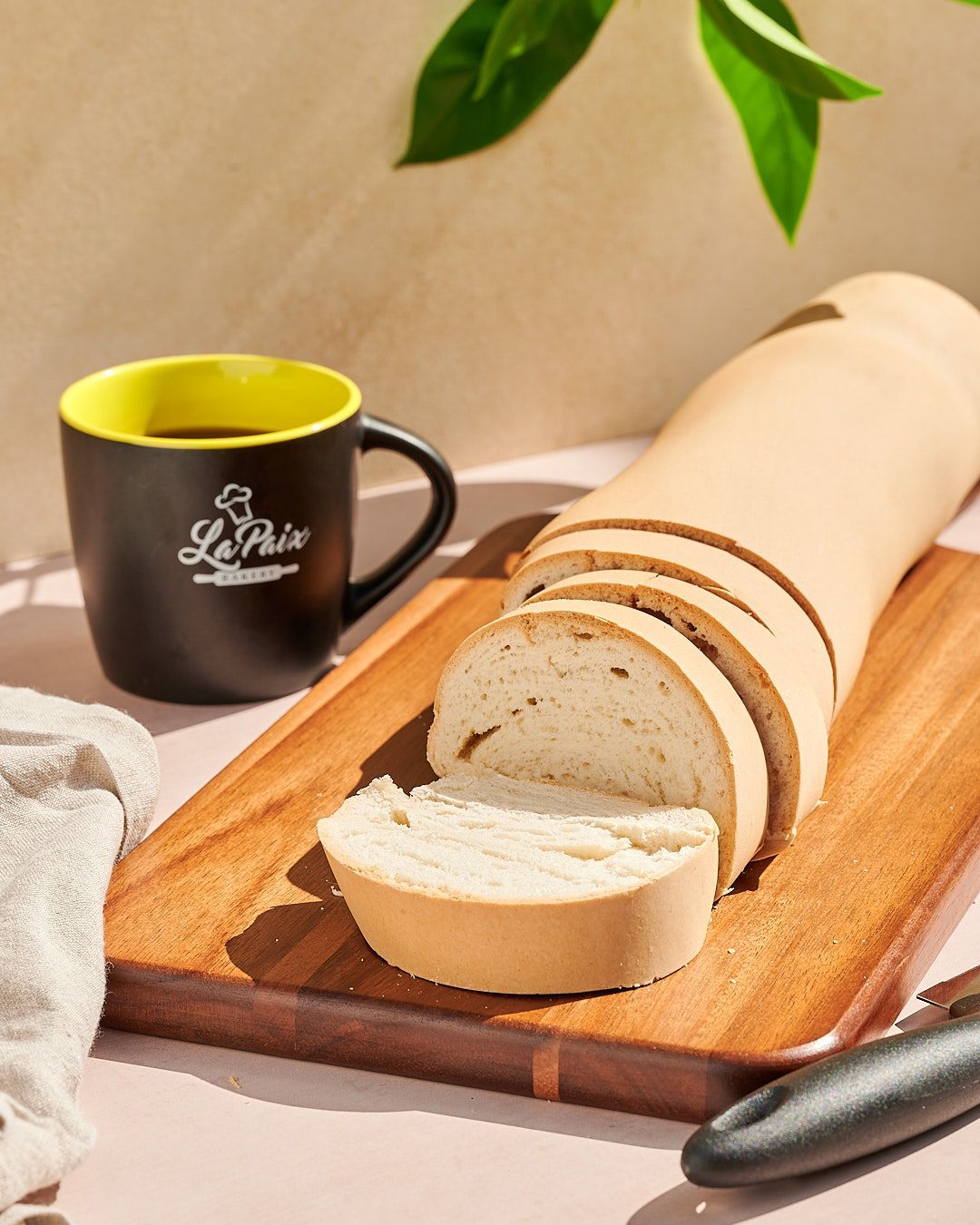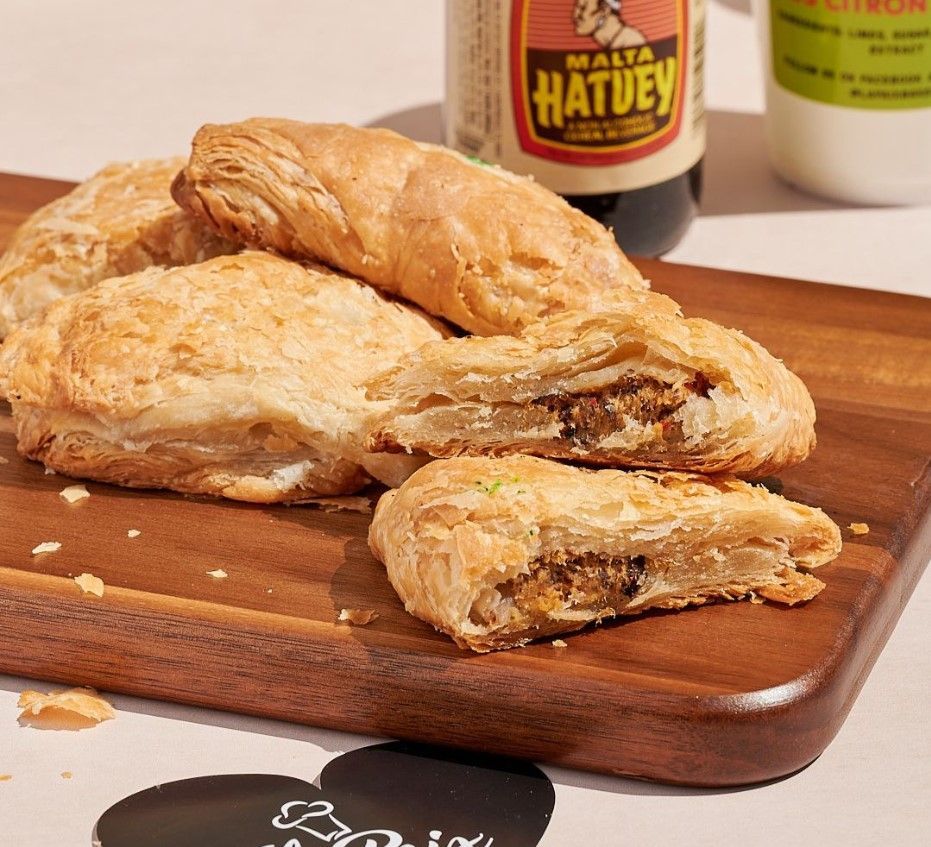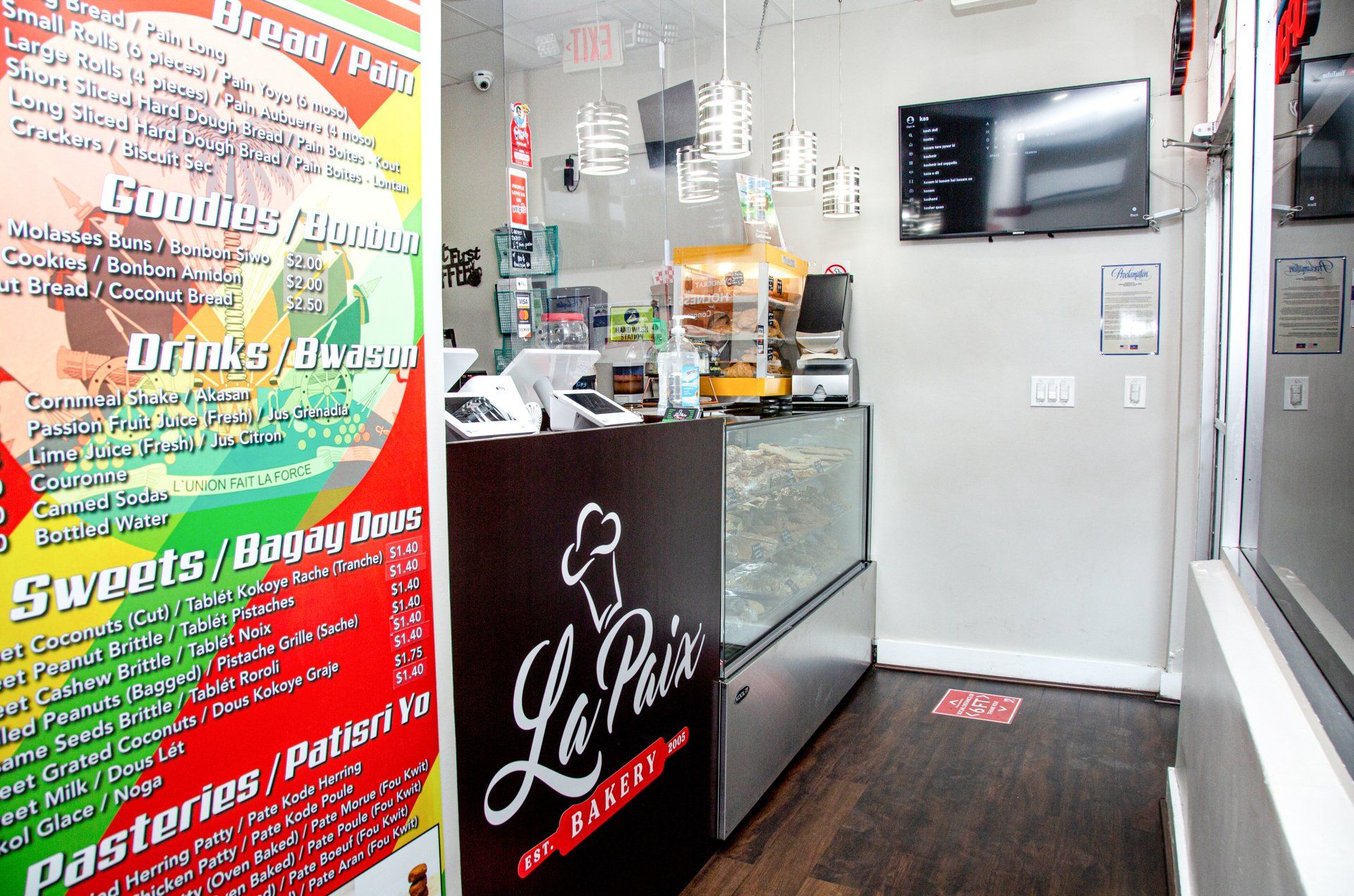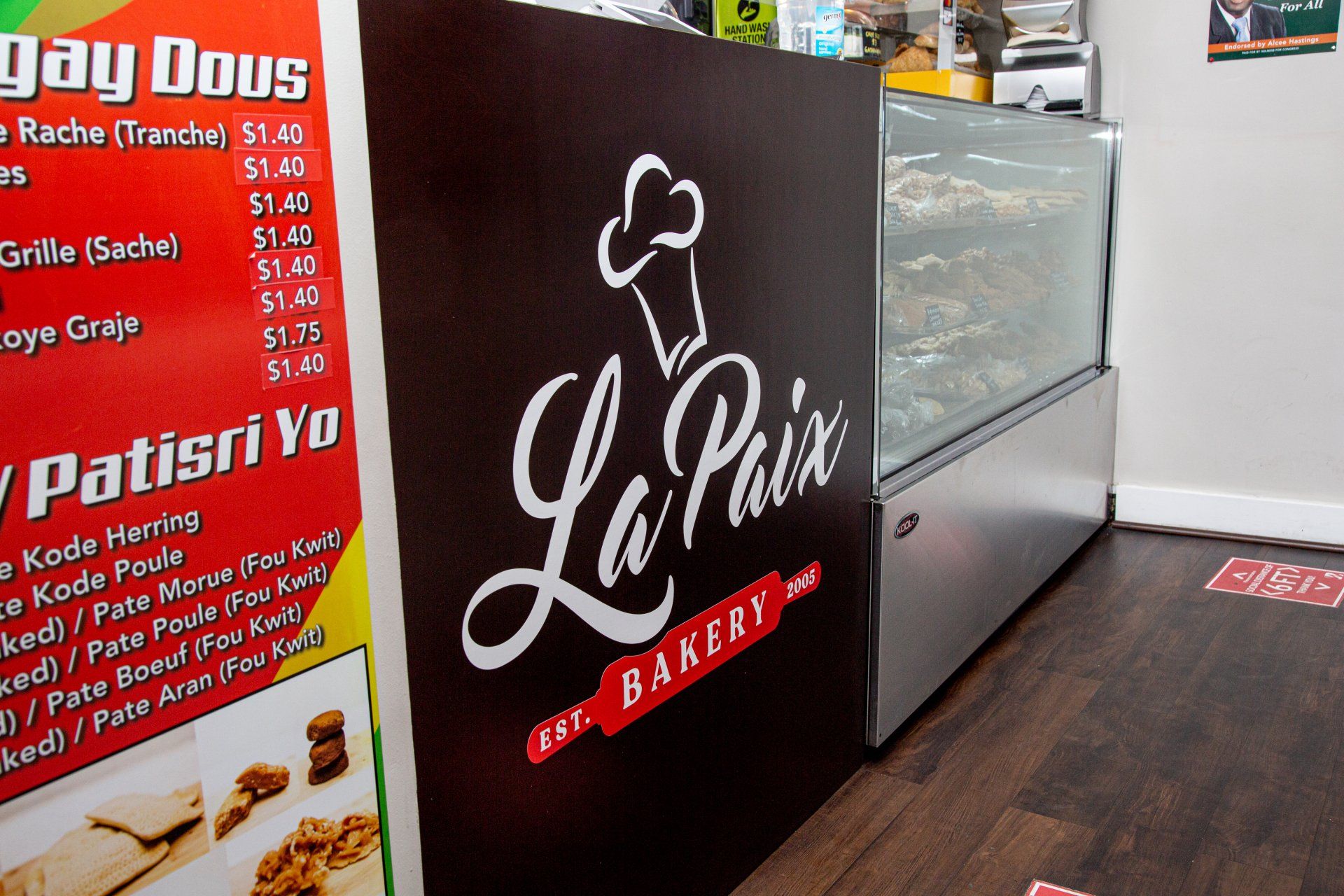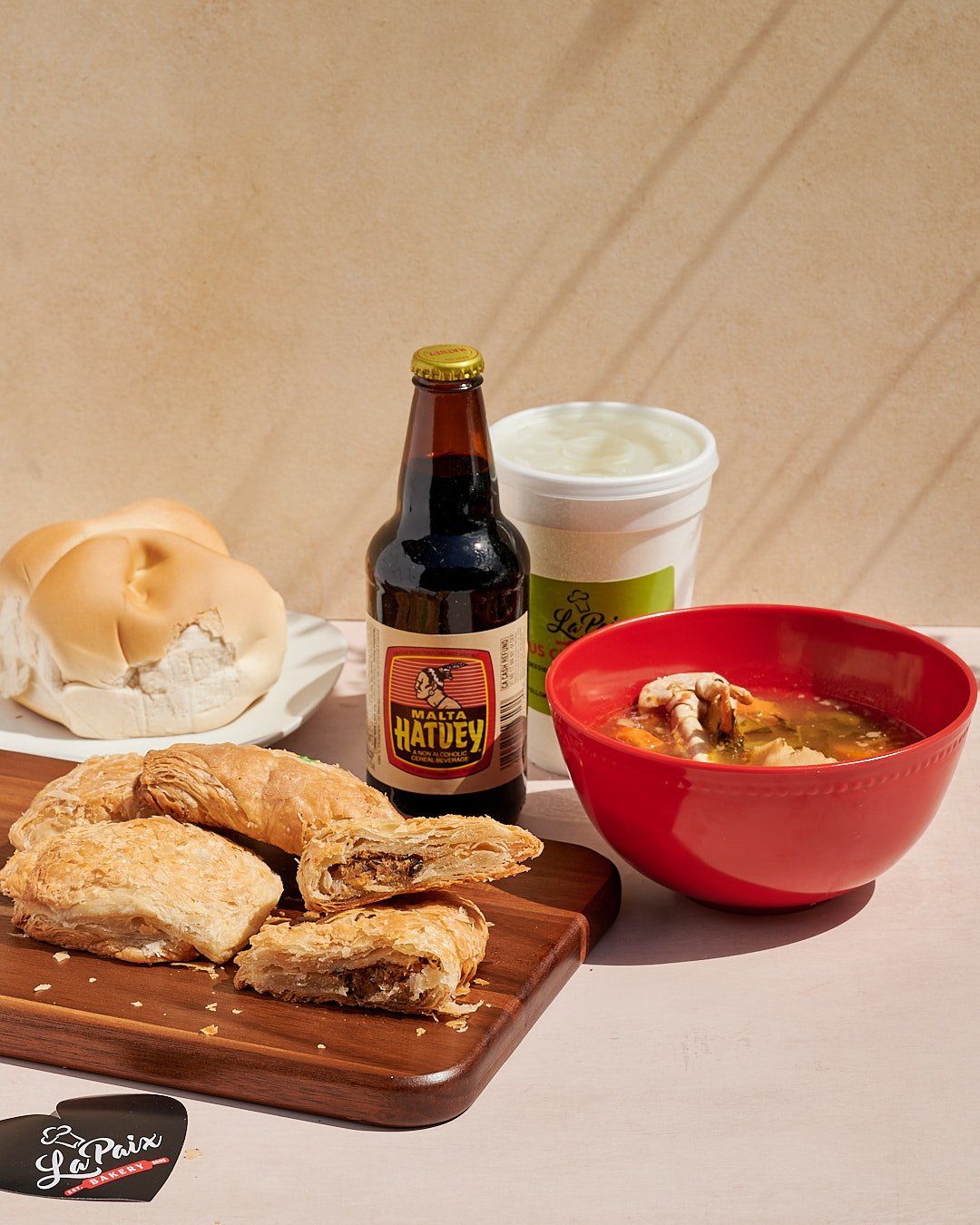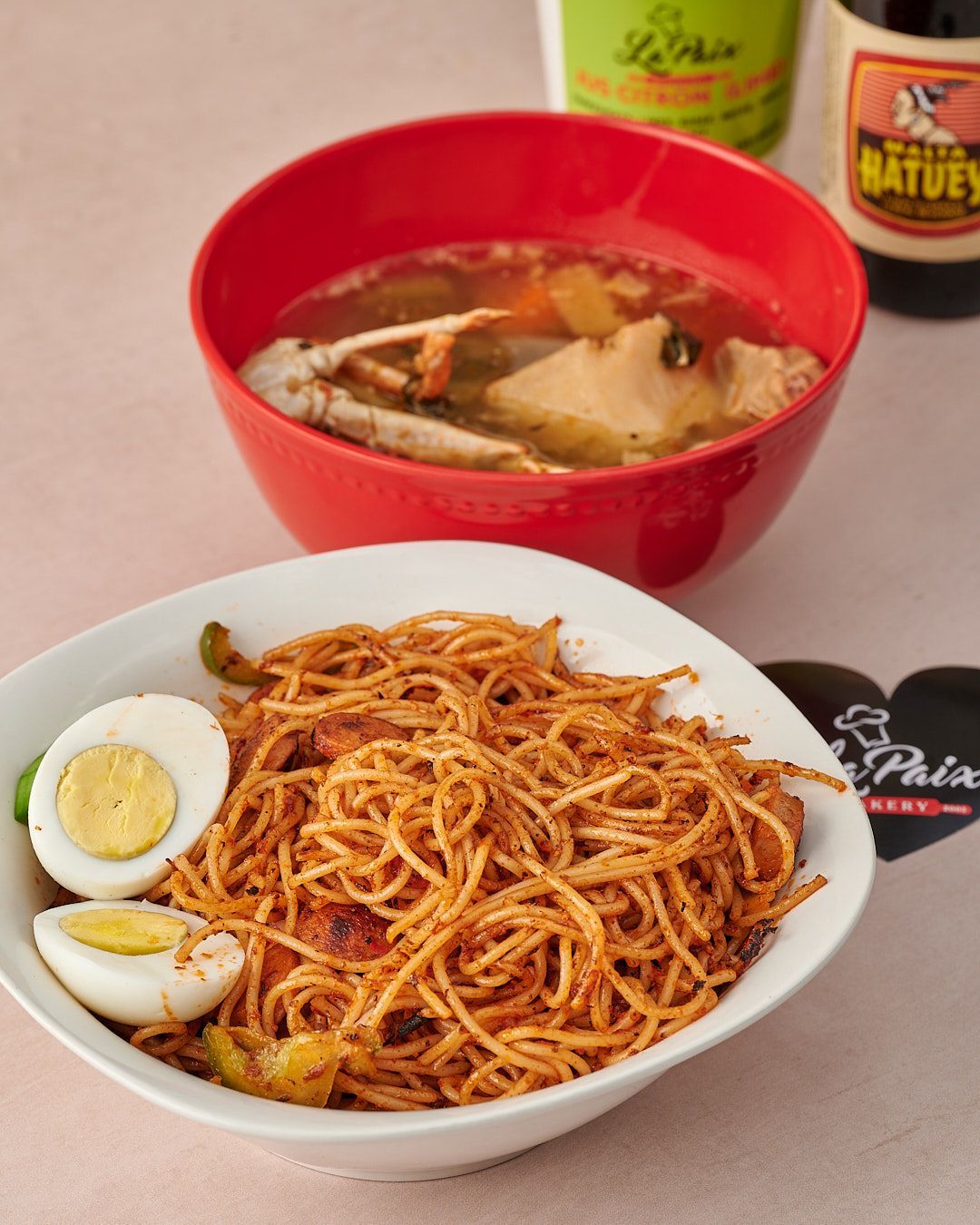The Caribbean island of Haiti has a rich history full of heartbreaking tragedy and vivid beauty. Its culture is a unique blend of influences from Latin America, Africa, and Europe. Its geography and history have influenced Haitian culture.
Haiti is a mountainous country that occupies the Caribbean's second-largest island. Its capital city, Port-au-Prince, is located on the country's southwest coast. Cuba, Jamaica, Columbia, and the Bahamas are among the Caribbean countries that border Hispaniola Island.
Haitian History
Before European colonization, the Taino people were the original inhabitants of Haiti. Haiti was ruled by the Spanish until the early 17th century when it was ceded to France. Slave labor from Africa was used by the Europeans on the sugar plantations.
- Independence Day – 1 January 1804
Between 1791 and 1804, the enslaved people of Haiti revolted, resulting in the abolition of slavery in the country. As a result, Haiti became the Caribbean and Latin America's first independent nation. It was the only one founded after a successful slave revolt. Following independence, the new Haitian government leaders and royalty were former West African slaves.
- The 20th Century
The start of the twentieth century was marked by political unrest and the banana wars in Haiti, with the United States imposing a harsh foreign policy that stifled development. In 1957, Francois "Papa Doc" Duvalier was elected President of Haiti.
Most Haitians credited him with advancing black interests and restoring public order. He also terrorized his political opponents and the general public by employing the Tontons Macoutes, a paramilitary force's special operations unit.
Of course, a history of Haiti would be incomplete without mentioning the magnitude 7.0 earthquake that struck on January 12, 2010. It killed nearly 85,000 people and displaced approximately 1.6 million others, sparking a devastating cholera outbreak.
Haitian Culture
Haitian people have a well-established way of life and culture and a unique religion and language. It is a friendly, vibrant, and rich culture full of flavor. Unfortunately, it also contains some disturbing aspects such as extreme poverty and child labor.
Due to these hardships, Haitians value personal relationships and family life. The following elements of Haiti's culture will help you understand these resilient people and their beautiful country.
Regional Relationships
The Dominican Republic occupies the eastern two-thirds of Hispaniola Island, while Haiti occupies the western third. It is not only one of the poorest countries in the Caribbean islands, but it is also the second-most populous.
Traditional Haitian Values
Haiti is one of the poorest countries in the world, with many Haitians living in rural areas. As a result, communal and traditional values take precedence, shaping cultural beliefs such as:
- Expressive and friendly nature
- Working together
- Respect for family members
- Hospitality
- Obedience to elders
- Embracing culture
Language
Haiti's official languages are Haitian Creole and French. However, most people will speak French in school or at work and Creole in social situations. The Creole vocabulary is roughly 90% French, with influences from Taino, West African, Portuguese, and Spanish.
Music and Dance
Haitian music is influenced by the Caribbean, Africa, and Europe, and dancing is a way of life. Dancing is an important part of Haitian voodoo practices as well as social activities such as weddings and church functions.
Family Structure and Values
No matter their social class, Haitians place a high value on family life. Most people prioritize family over other responsibilities such as work. Upper and middle-class Haitians frequently live in cities. The majority of urban families celebrate family values such as marriages.
The upper classes lead very different lives than their lower-class counterparts. They frequently dress in western attire and own mountainside villas and cars. Because of their social standing, they also have access to better medical facilities and higher education.
Rural families, on the other hand, frequently have common-law marriages and live in informal settings with extended family members. Most houses are two-room mud and thatch structures with no running water.
Haitian Men, Women, and Gender Roles
In the family structure, Haitian men are the heads of the houses. They are usually in charge of providing financial support for the family. In daily life, however, rural women make decisions for the family. In terms of child-rearing, parents teach their children to respect their privacy and family structure.
From a young age, children learn to respect their elders and never show anger toward them. Despite being required to attend school from the age of six to twelve, many children do not attend primary school due to a lack of resources.
Religion and Beliefs
Haiti has no official state religion. Haitians are proud of their religious liberty. Protestantism, Catholicism, and Voodoo are the three major religions practiced in the country.
Most Haitians believe that many occurrences or events connected to future events can bring either bad or good luck. Many people believe that God makes all health-care decisions. As a result, the use of health precautions such as contraception is low. In addition, many newborns may wear special beads to ward off evil spirits. Some Haitians warn infants not to cry at night because they believe zombies will steal their children's souls.
Cuisine
When possible, Haitians prefer to cook with local spices. Cloves, thyme, oregano, black pepper, and anise are popular among locals. Soupe joumou, the national dish, and staples such as sweet potatoes, fried pork, fried plantains, shaved ice, rice, beans, tropical fruits, and Haitian rum can be found on most dinner tables.
Learn More About Haitian Food and Culture at La Paix Bakery in Miramar, FL
Are you looking for an enlightening food experience, such as the rich culture, flavor, and aromas of Haitian cuisine? At La Paix Bakery, our passion for Haitian culture and food, as well as our desire to provide delicious food and serve our community, distinguishes us.
People always come back for more of our culinary delights. To place an order or learn more about us, call us at 954-962-8223.
